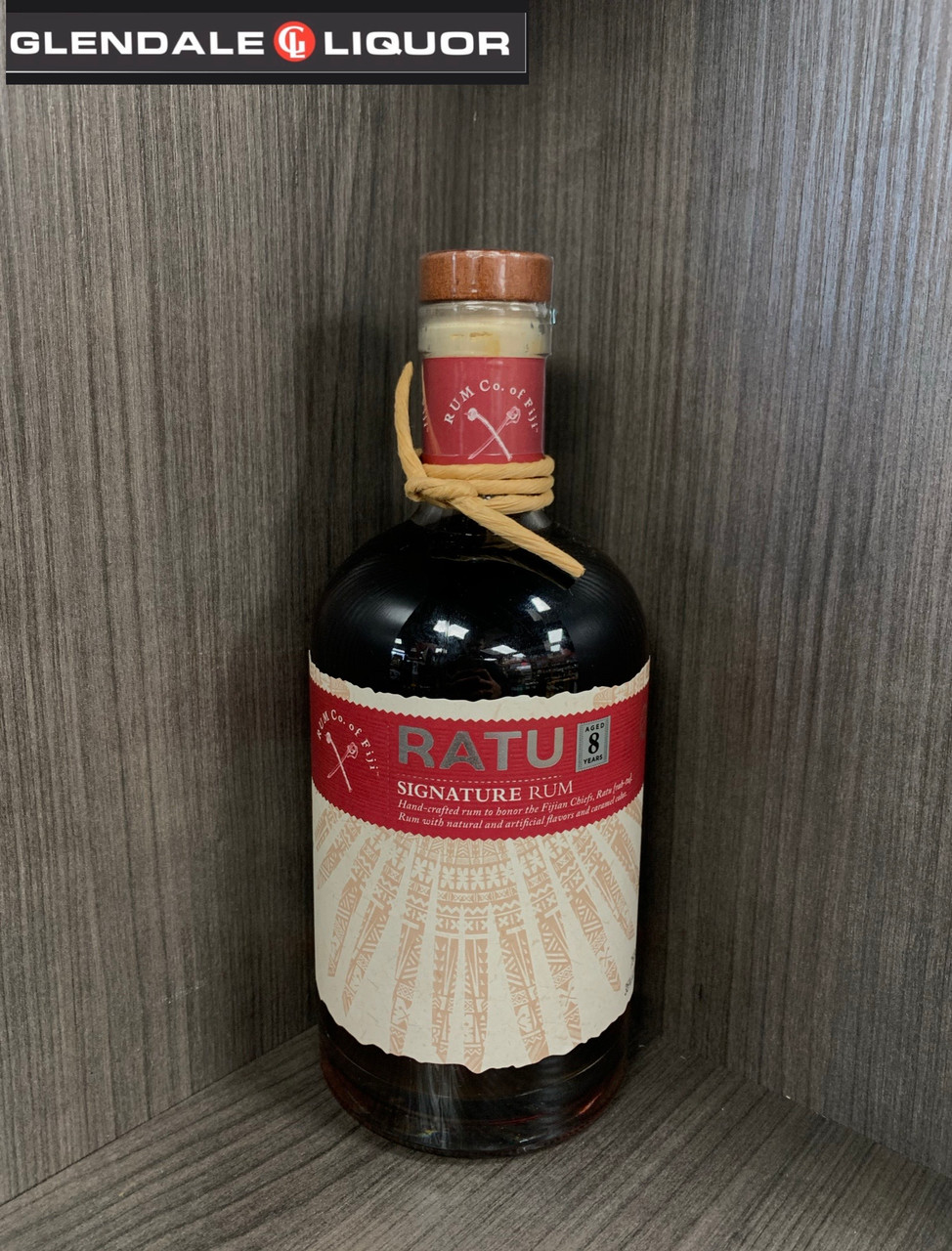Indonesia, an archipelago of thousands of islands, boasts a rich tapestry of cultures, traditions, and history. Among the many intriguing facets of Indonesian society is the concept of “ratu,” which translates to “queen” or “royalty.” However, in the relaxed and nuanced social fabric of contemporary Indonesia, “ratu” has evolved beyond its literal meaning, taking on a more fluid and multifaceted role in everyday life.
The Traditional Concept of Ratu
Historically, “ratu” held a position of immense power and prestige. In ancient Indonesian kingdoms, the ratu was the supreme ruler, often possessing both political and spiritual authority. The role of the ratu was deeply intertwined with Javanese court culture, characterized by intricate rituals, elaborate ceremonies, and a strict hierarchy. The ratu was not merely a monarch but also a symbol of divine authority, connecting the earthly realm to the spiritual.
Ratu in Contemporary Indonesia: A Shifting Paradigm
While the traditional concept of ratu still holds some resonance in certain circles, its meaning has undergone significant transformation in modern Indonesian society. The relaxed and informal atmosphere of contemporary Indonesia has allowed for a more fluid and nuanced understanding of the term.
Ratu as a Term of Endearment
One of the most common ways “ratu” is used today is as a term of endearment. It is often used affectionately to address close friends, family members, or even romantic partners. For instance, a husband might playfully call his wife “ratu” to express his love and admiration. Similarly, friends might use “ratu” to address each other in a lighthearted and playful manner. This usage reflects the relaxed and informal nature of social interactions in contemporary Indonesia.
Ratu as a Symbol of Empowerment

In recent years, “ratu” has also emerged as a symbol of female empowerment. It has been adopted by women’s rights movements and feminist groups as a way to celebrate female strength, independence, and resilience. This usage of “ratu” reflects a growing awareness of gender equality and a desire to challenge traditional gender roles.
Ratu in Popular Culture
“Ratu” has also found its way into popular culture in Indonesia. It is frequently used in songs, movies, and television shows, often with playful and ironic undertones. This widespread use of “ratu” in popular culture has further contributed to its evolving meaning and its integration into the everyday language of Indonesians.
Ratu and Social Media
The rise of social media has also played a significant role in shaping the contemporary understanding of “ratu.” Online platforms have provided a space for individuals to express themselves creatively and challenge traditional norms. “Ratu” has become a popular hashtag and a common term used in online communities, often with humorous and ironic connotations. This online usage of “ratu” has further contributed to its democratization and its integration into the digital landscape of Indonesia.
Ratu and the Indonesian Spirit
Despite its evolving meaning, the concept of “ratu” continues to hold a special place in the hearts and minds of Indonesians. It embodies a unique blend of tradition and modernity, reflecting the dynamic and multifaceted nature of Indonesian society. The relaxed and informal use of “ratu” in contemporary Indonesia reflects a spirit of openness, inclusivity, and a willingness to embrace change.
Ratu and the Future
As Indonesian society continues to evolve, the meaning of “ratu” is likely to continue to shift and adapt. However, one thing remains certain: “ratu” will continue to play an important role in the social and cultural fabric of Indonesia. It is a term that embodies the unique blend of tradition and modernity, of respect and affection, of power and empowerment, that characterizes the Indonesian spirit.
Conclusion
In conclusion, “ratu” is a multifaceted concept that holds significant cultural and social importance in Indonesia. While its traditional meaning as a term for royalty still holds some resonance, its contemporary usage has evolved to encompass a wider range of meanings, from a term of endearment to a symbol of female empowerment. The relaxed and informal atmosphere of contemporary Indonesia has allowed for a more fluid and nuanced understanding of “ratu,” reflecting the dynamic and ever-changing nature of Indonesian society. As Indonesian society continues to evolve, the meaning of “ratu” is likely to continue to shift and adapt, but it will undoubtedly remain an important part of the Indonesian cultural landscape for generations to come.


.png?w=200&resize=200,112&ssl=1)


